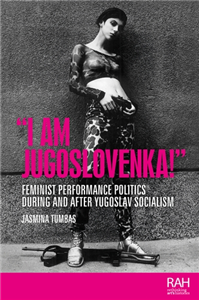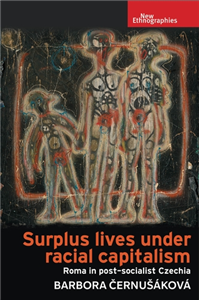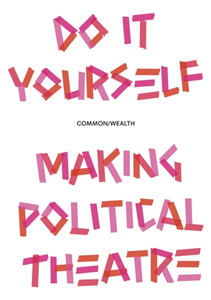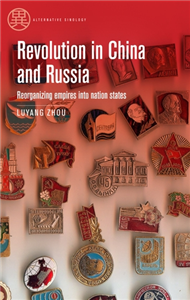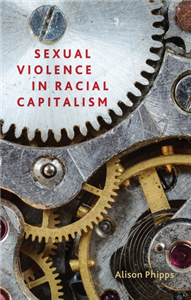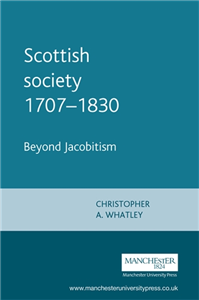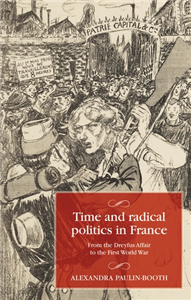world-wide-wealth (c/o autónomy)
... wealth is not materialism - not in universe (only 5% is about matter) and not on earth (it´s all about education: i.a. as a buddhists, you are happy, if YOU are happy - and not comparing - and NOT buying things you don´t need, with money you don´t have, to impress people you don´t like ... ). I invented the formulas of TIME (as such), SPACE (as such) and DYNAMIC RELATIVITY ( as such ... relativizing Albert Einstein - and explaining the 95% of astronomy not known up to now: 23% "dark matter" and 72" "dark energy"). Wealth is not materialistic. At least not in universe, expanding since 13.8 billion years, with faaar less problems, than those of the so called "homo-sapiens"... . "Space" in the 4th ("energetic-") dimension (not in the "low-level" 3-D-version of combating for territories or market-shares), space, is the top of the top targets of universe - and all this is transferable to mankind ... in order to achieve world-wide-wealth !!!
View Rights Portal




